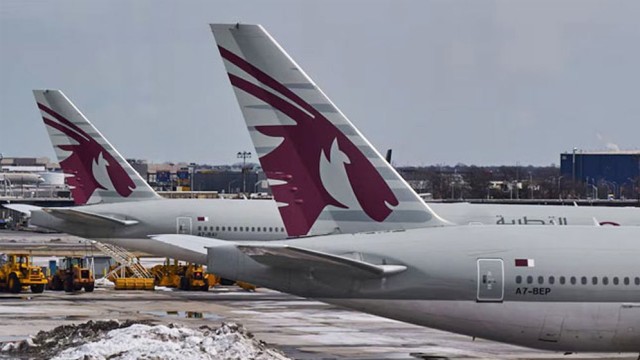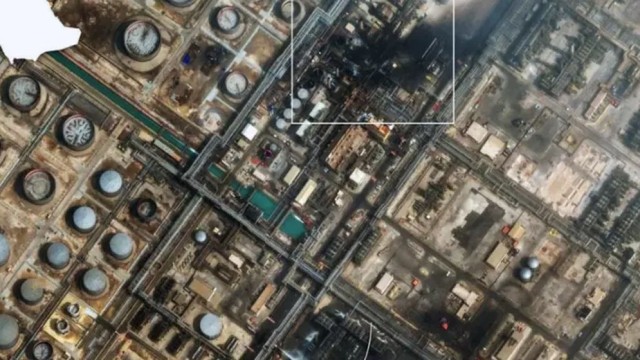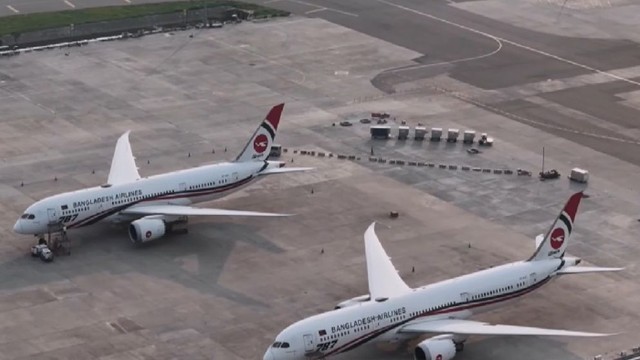Syria, Dec 09 (V7N) – In just 11 days, Syrian rebels forced Bashar al-Assad to flee, reshaping the strategic landscape of the Middle East.
Assad, who ruled for nearly 14 years and withstood years of rebellion, saw his regime collapse as other Iran-aligned forces also faced setbacks. Israel decimated Hezbollah's leadership in Lebanon since September, while key Hamas leaders were eliminated, weakening Tehran's regional influence.
Andreas Krieg, a security expert from King's College London, stated that Iran and its allies, the "Axis of Resistance," must now prioritize defending their own territories. "The axis will lose its transnational character and regional depth," Krieg explained.
The rapid advances of Islamist group Hayat Tahrir al-Sham (HTS) across Syria shocked the world, culminating in Damascus’s fall. The swiftness of HTS's takeover, toppling Assad statues, caught both allies and adversaries of Assad off guard, particularly amid regional focus on the Gaza conflict and Hezbollah-Israel clashes.
For years, Assad appeared stable with support from Iran, Russia, and Hezbollah. Recently, some Arab nations sought to normalize ties with him, but HTS dismantled those efforts within days.
Iran and its allies were further weakened after the October 2023 Hamas resistance campaign drew them into broader conflicts. Hezbollah, central to propping up Assad, suffered significant losses, including the killing of its leader Hassan Nasrallah.
Meanwhile, Russia faces challenges in maintaining its influence, including its naval base in Tartus, amidst its costly war in Ukraine. Krieg suggested the new Syrian leadership may not allow Russia to retain its stronghold.
Turkey, a rebel supporter, emerges as a regional winner but lacks full control over rebel forces, Krieg noted.
Aron Lund from Century International emphasized the unpredictability of the situation. "The regime’s fall raises questions about what replaces it and the time required for stability," he said, noting potential regional struggles within Syria.
As nations like the UAE and Gulf states re-engage with Syria, they face new challenges from Damascus's rulers, particularly amid shifting alliances and emerging threats.
Israel and its allies anticipate further changes when Donald Trump assumes office in January. Known for deal-making diplomacy, Trump’s administration may realign U.S. involvement in the Middle East, potentially reshaping regional dynamics once again.
Krieg warned that Assad's downfall could signal broader shifts for leaders in Libya, Egypt, and Tunisia, who also experienced uprisings during the Arab Spring. "It’s the end of the 'authoritarian stability' myth," he said, noting a significant blow to counter-revolutionary forces in Russia, UAE, and Iran.
END/MSS/AJ





























Comment: